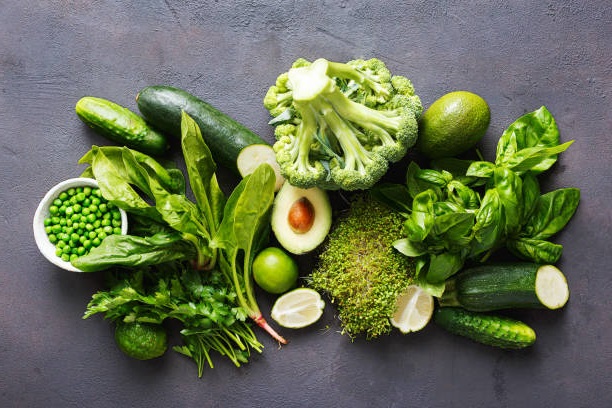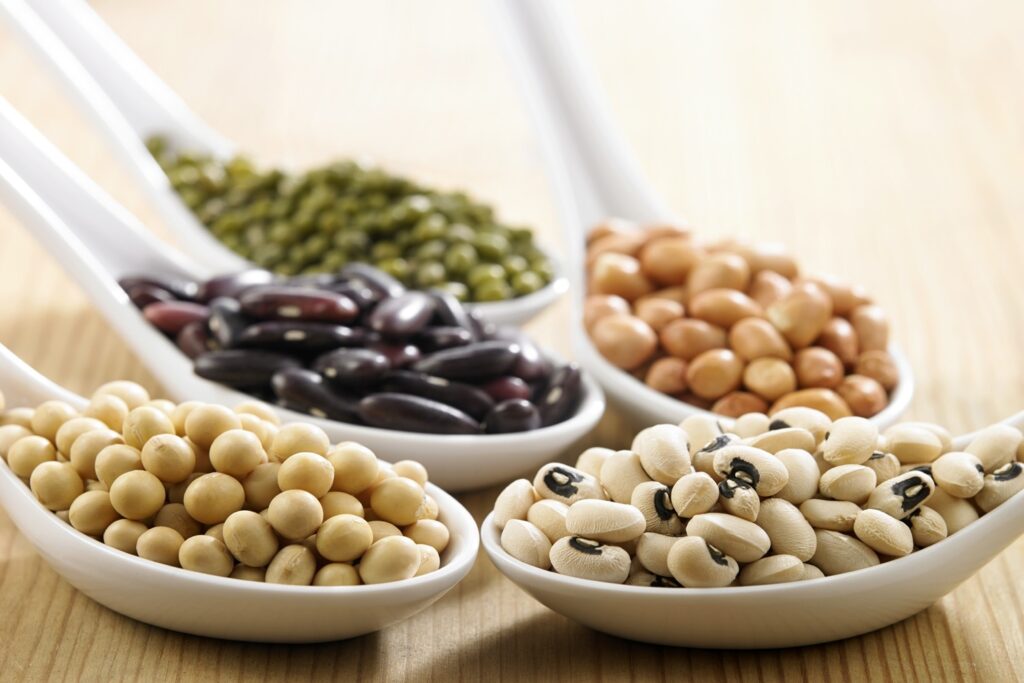Protein is an essential nutrient because it breaks down into amino acids called the building blocks of life. These are 22 naturally occurring amino acids. Most of the amino acids are produced in the body except 9 which are called essential amino acids. These are the essential compounds that you get from protein. Vegan protein food is the most reliable source of essential amino acids.

Protein makes up 17% of the body weight and it is an essential component of muscles, heart, brain, eyes, and immune system that needs protein for producing antibodies to help fight infections. Protein intake also helps in blood sugar regulation, fat metabolism, and energy function. You get protein from both animals and plants and vegan protein food is much better than animal food.
Advantages of vegan protein food
- Plant food means more fiber and nutrition that are lacking in animal-based foods
- Plant foods have little to no saturated fat content.
- A plant-based diet reduces the risk of heart disease or stroke in healthy people
- A plant-based diet has low to no sodium content
- Vegan people lesser risk of developing obesity, type II diabetes, high blood pressure, and certain types of cancers
- Plant-based food helps reduce the emission of greenhouse gases
In addition to the above-mentioned benefits, vegetarian food saves animal life both domestic and wild animals. In the long run, it can help maintain the ecological balance.
How much protein do I need every day?
0.75g/per kg of body weight is the formula to calculate the protein requirement of an average person. For example, if you weigh 60 kg, you will 60 x 0.75 = 45 g of protein per day. The good thing is that you can easily fulfill your nutritional requirements with vegan protein food. It will give you vitamins including B vitamins and minerals like zinc.
An advantage of vegan protein food is you can never have an overdose of protein as is the case with animal protein, especially dairy and red processed meat. A high-protein diet could be a problem with an existing medical condition like kidney dysfunction. But there is no risk of an overdose of protein with a plant-based diet.
Soy Food

Soy vegan protein food can become a substitute for animal protein because of its consistency, flavor, and nutritional content. A half-cup of tempeh gives 17g of protein but tofu has 9g of protein per 3 ounces. Shelled edamame also has a good amount (9g) of protein per half-cup.
Seitan Vegan Protein Food

With 25g of protein available per 100g, seitan becomes the best vegan protein food with highest nutritional content. It also packs a good amount of selenium and small amounts of iron, calcium, and phosphorus. But its gluten content makes it unsuitable for people with gluten-related disorders.
Non-Dairy Milk

Non-dairy milks are more suitable for intolerant people but their protein content makes them suitable for all who want to switch to vegan protein food. For example, take plain soy milk that contains 6g of protein per 8 ounces. Pea milk also offers 8g of protein per one-cup serving and it can be used for making coffee and creamy soups.
Dairy-Free Yogurt

Another important vegan protein food is dairy-free yogurt which offers everything that you find in traditional dairy. Dairy-free yogurt has an improved flavor and probiotic benefits in addition to protein. Also, non-dairy yogurt can be mixed with fruits and nuts to make a quick snack.
Nuts And Seeds

This vegan protein food can suppress your appetite with their flavor and nutritional content. Unsalted cashews contain 4.2g of protein per ounce. Hemp seeds give 9.5g of protein per 3 tsp. Chia seeds have 3.5g of protein per ounce.
Green Veggies

Green vegetables make the best vegan protein food because of their nutritional content. A cup of spinach contains 5g of protein and half-cup of green peas gives 4g of protein. Half-cup of Brussels sprouts have 2g of protein.
Whole Grains

Whole grains are not only rich in carbohydrates but protein as well. One cup of quinoa, wild rice, oats, and buckwheat contains 8g, 6.5g, 6g, and 5.5g of protein respectively. But it isn’t all as whole grains have more nutrients to offer. This vegan protein food also has fiber, vitamins, and minerals.
Beans And Legumes

Peas, beans, chickpeas, and black-eyed peas are some examples of vegan protein food you can add to your plate if you want to switch to plant-based protein. One cup of peas contains 7.9g of protein and you can delicious recipes with peas. If you consume two cups of red kidney beans, you get 28g of protein.
Nutritional Yeast

Nutritional yeast is available as yellow powder or flakes. It improves flavor but fortified nutritional yeast is also a good source of nutrition including protein, vitamin B12, zinc, copper, manganese, and magnesium. It is for this reason that nutritional yeast is considered a good vegan protein food.
Sprouted Bread

It is a whole-grain baked vegan protein food with a rich amount of protein content. One slice of this bread contains 5g of protein. If you eat a sandwich of two breads, you get 10g of protein. If you take two sandwiches, you get almost half of your protein need.
Table Of Contents
Conclusion – Swapping animal protein with vegan protein food can be good for your overall health and taste. First, you get a wide range of food items to choose and second, you get complete nutrition including essential B vitamins and minerals. Since you have a good choice of food, you can choose your source of vitamins and taste.
FAQs
Q: Which Vegan Protein Food Has The Highest Protein?
A: Seitan
Q: Which Vegan Protein Food Has Complete Nutrition?
A: Whole Grain
Q: Which Protein Food Is A Quick Snack?
A: Nuts and seeds
Q: Which Vegan Protein Food Is Meat?
A: Soy
Q: Which Is Widely Consumed Vegan Protein Food?
A: Green veggies
Disclaimer – The above information is for educational purposes only. The readers are advised to consult their dieticians before choosing any vegan protein food.
